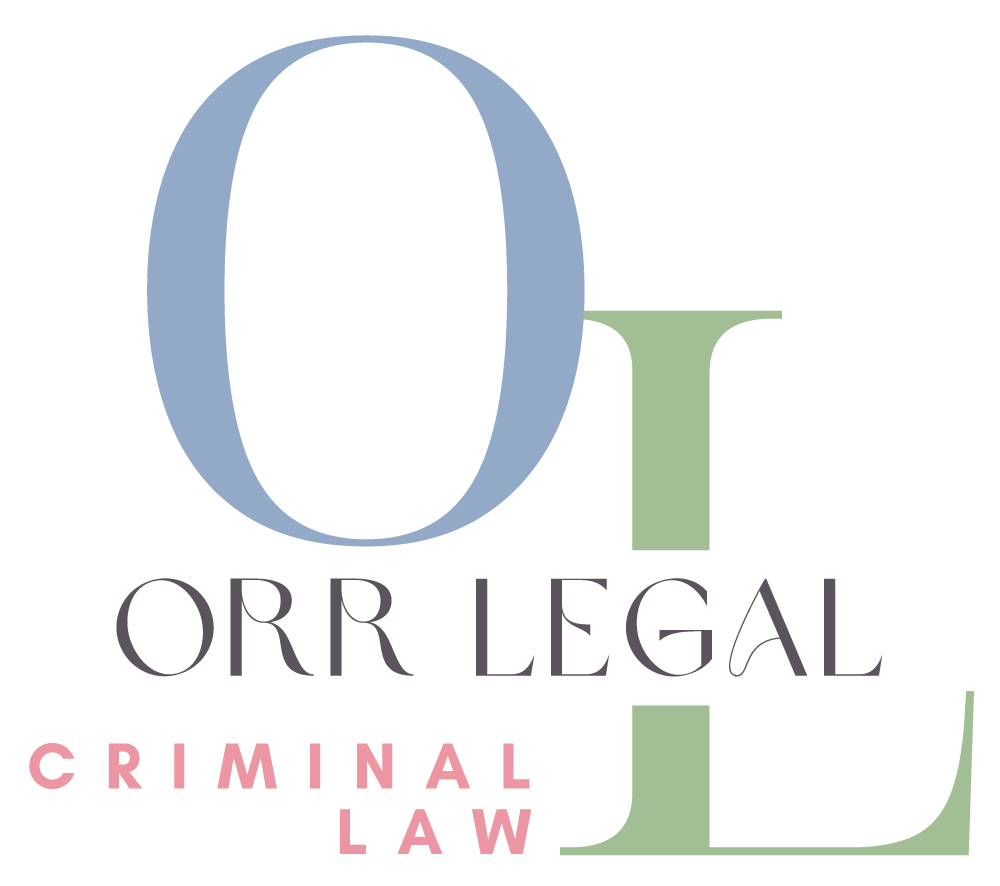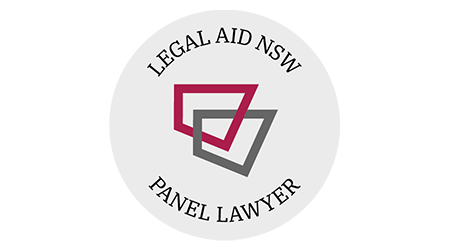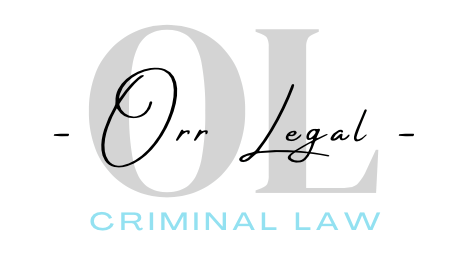If so, you need to understand the charges against you and what penalties you may be facing. This blog post will provide an overview of the charge of malicious damage to property, including the definition and potential penalties. Keep in mind that every situation is unique, and you should speak with a lawyer if you have any specific questions about your case.
What is Malicious Damage to Property?
Malicious damage to property is a type of crime that can be committed in a number of ways. It can be defined as any act that causes damage to another person’s property without their consent and with the intention of causing them harm. In this article, we will discuss what counts as property for the purposes of this offence, and some possible defences that may be available to those accused of committing it.
What Counts Believe is Property?
In order for an act of malicious damage to property to have occurred, the victim must have suffered some kind of loss or damage to their property. But what exactly counts as property for these purposes? Here are some examples:
- Buildings (including homes, offices, shops, etc.)
- Vehicles (cars, trucks, motorcycles, etc.)
- Machinery (computers, printers, photocopiers, etc.)
- Furniture (tables, chairs, desks, etc.)
- Clothing (shirts, pants, dresses, etc.)
- Jewellery (rings, necklaces, earrings, etc.)
- Electronic equipment (televisions, radios, phones, etc.)
As you can see from the above list, the property can be anything that someone owns and has a value attached to it. If you damage or destroy someone else’s property without their consent and with the intention of causing them harm, you could be charged with malicious damage to your property.
Defences to Malicious Damage to Property
Those who are facing charges of malicious damage to property will likely want to know if there are any defences that might apply to their case. Some possible defences include:
- Consent: If the owner of the property gave you permission to damage it, then you cannot be found guilty of this offence. However, it is important to note that the consent must have been given willingly and not under duress or coercion.
- Necessity: This defence may apply if you damaged someone else’s property in order to prevent a greater harm from happening. For example, if you had to break into a car in order to save a child who was locked inside on a hot day, then you would likely be able to argue that your actions were necessary and justified.
If you have been charged with Malicious Damage to Property, it is important to seek legal advice as soon as possible. Orr Legal is experienced in criminal law and can provide you with solutions for your case. We understand that this may be a difficult time for you, and we will do our best to make the process as smooth as possible. Contact us today for a free 15-minute telephone consultation.









